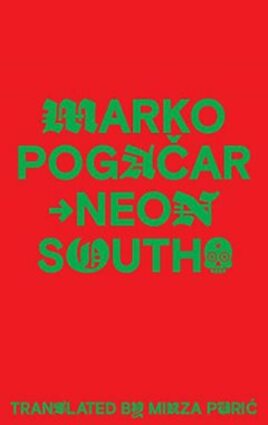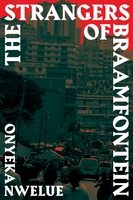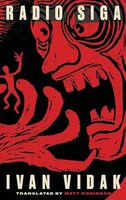
Neon South is an off-the-beaten-path Latin American travel narrative that unfolds like a novel, shadowing locals all too aware of how outside influences, from colonialism to globalism, have changed their lives.
From the drug cartel-controlled squares of Mexico to Venezuelan jungles where the outside world threatens traditions, Marko Pogačar absorbs all he encounters with the eyes and words of a poet, finding humor in the absurd and intimacy in despair. Unexpected similarities surface in the assemblage of these tropical experiences fused together with Pogačar's memories of living through the dissolution of Yugoslavia: “After all, are our customs, our kingdoms, our churches and wars, our arsons and human sacrifices one iota different from the Aztec ones?”
A forest is a curious beast. It covers the slopes spread out far below us, just as hair takes a face by surprise and overgrows the topography of that gateway of the throat, where the tongue dips like a subterranean river. Forests are persistently burned. They are just as persistently cut down. Forests are cleared, thinned, and wiped out for coffee to sprout in their place and render man forever sleepless and insane. But no, the conspiracy against the terror of wakefulness has succeeded. Listen: the monkey’s ears are ringing. The rustling guerrilla of slumber rises.
The associative flares and dark literary and historical humor wedged in the baroque prose poetry of Neon South set the mind spinning. Recreating Latin America in its bars, markets, and political scars, Marko Pogačar portrays characters etched deeply into their surroundings with razor-sharp words and unctuous analogies. Mirza Purić renders the original language in compellingly dense and inventive English, transporting the reader from Chile through Colombia and the Caribbean to Mexico in order to reveal the oozing wound of Latin American surreality, which some would call magic, mythic, or perhaps even zombie.
Lisa Rose Bradford, translator of Juan Gelman.





